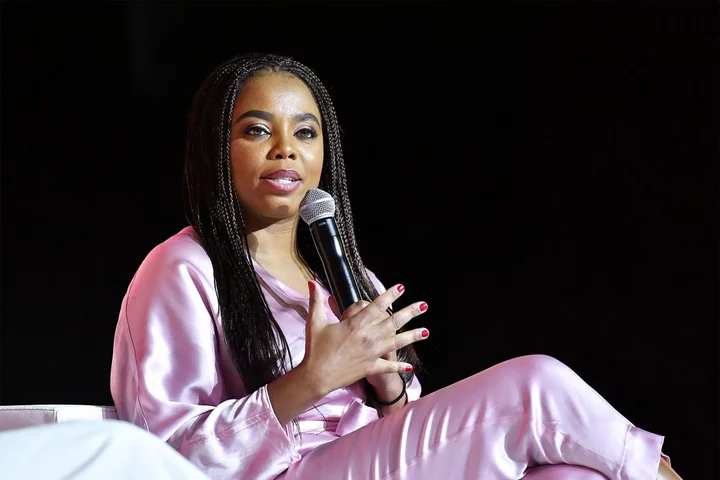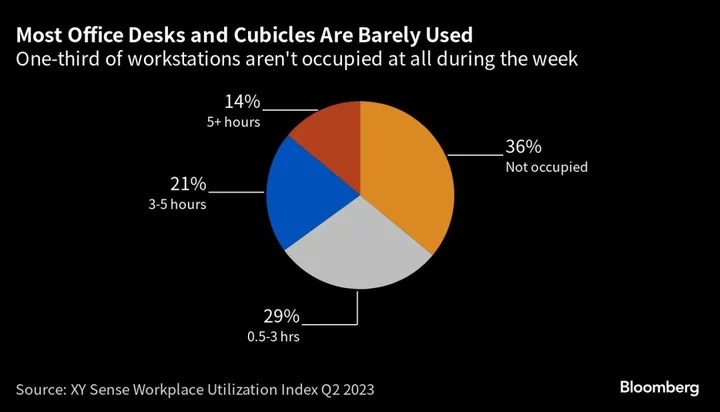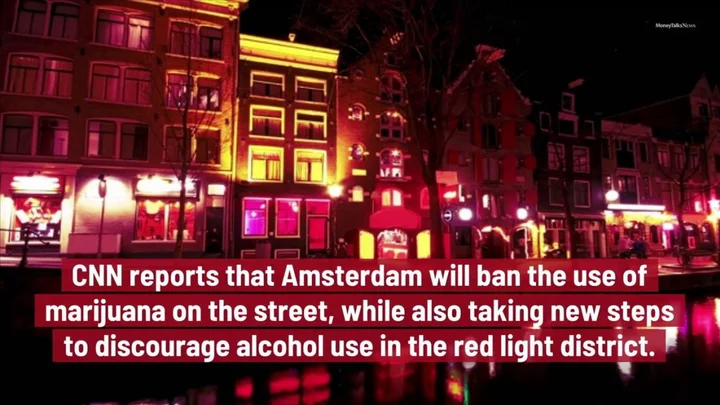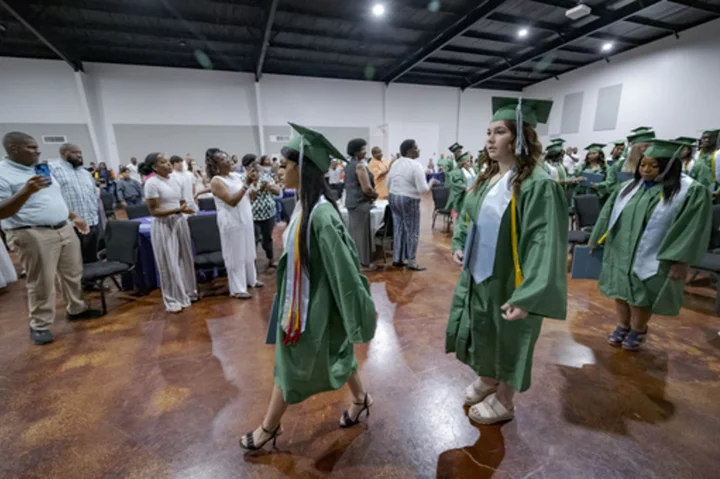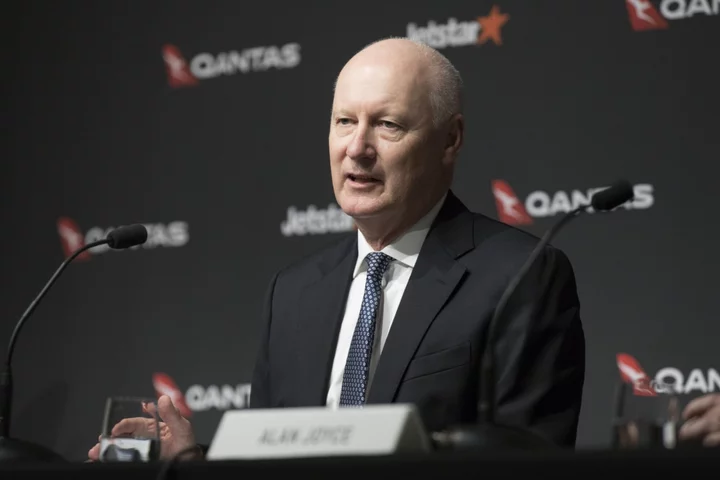Another prominent podcaster is leaving Spotify Technology SA, as the company reverses many of its biggest investments in original audio and loses yet another Black voice.
Jemele Hill, an award-winning journalist and former sportscaster, is ending her relationship with the Swedish streaming service, which exclusively distributes the Jemele Hill Is Unbothered podcast and her Unbothered Network of shows, according to people familiar with the conversations. Hill and Spotify are negotiating the terms of her separation, which will result in the end of her show and network — at least at Spotify, said the people, who asked not to be identified because the negotiation is ongoing.
Spotify declined to comment.
Under pressure to rein in costs and deliver profits, Spotify has reconsidered its expensive podcasting strategy. Under the leadership of then-Chief Content Officer Dawn Ostroff, the company spent more than $1 billion to acquire studios and secure exclusive licenses to shows. Ostroff also went on to sign several Black celebrities to exclusive deals, including the Obamas’ production company, Higher Ground, as well as filmmaker Ava DuVernay and rapper Joe Budden.
Jemele Hill Is Unbothered launched exclusively on Spotify in 2019, one of the first deals in the audio streaming platform’s initial push into the industry. That year, it acquired three audio companies — Gimlet Media, Parcast and Anchor — that formed the backbone of its initial programming strategy as it diversified beyond music.
Spotify announced plans to build a podcast network for Black women around Hill in 2021, the year after protests against racism swept the US. But it took more than a year for Spotify to announce additional shows, and the network launched only two other titles.
More than four years after Spotify’s first flurry of deals, the leaders of Gimlet, Parcast and Anchor have left — as have all those Black stars and Ostroff herself. Budden attributed his exit to pay disputes, according to a podcast episode he published. Higher Ground, meanwhile, didn’t renew its deal last year because the exclusive nature of the arrangement hamstrung the reach of its shows. The team also struggled to get new programs greenlit.
DuVernay left her agreement during an uproar last year over Joe Rogan, Spotify’s biggest exclusive podcaster, after he shared alleged Covid misinformation and a clip surfaced online of him using the N-word.
During that Rogan dust-up, Hill issued a statement saying she’d like to see Spotify pay $100 million to a Black person, which was the reported size of Rogan’s deal at the time. The New York Times later reported that it cost Spotify more than $200 million.
Spotify did eventually announce a Creator Equity Fund with the goal of dispensing $100 million to creators from historically marginalized groups. However, Bloomberg reported in March that the company spent less than 10% of the money as it rounded out its first year of existence.
Another fund at Spotify experienced similar dysfunction. In February, unionized employees at Parcast sent a letter to management saying the company had approved just $5,000 for diversity, equity, inclusion and accessibility work, out of a promised $100,000.
Hill started her carer as a newspaper reporter before joining ESPN and becoming an on-air talent. She left ESPN in 2018 and began contributing to the Atlantic magazine.

